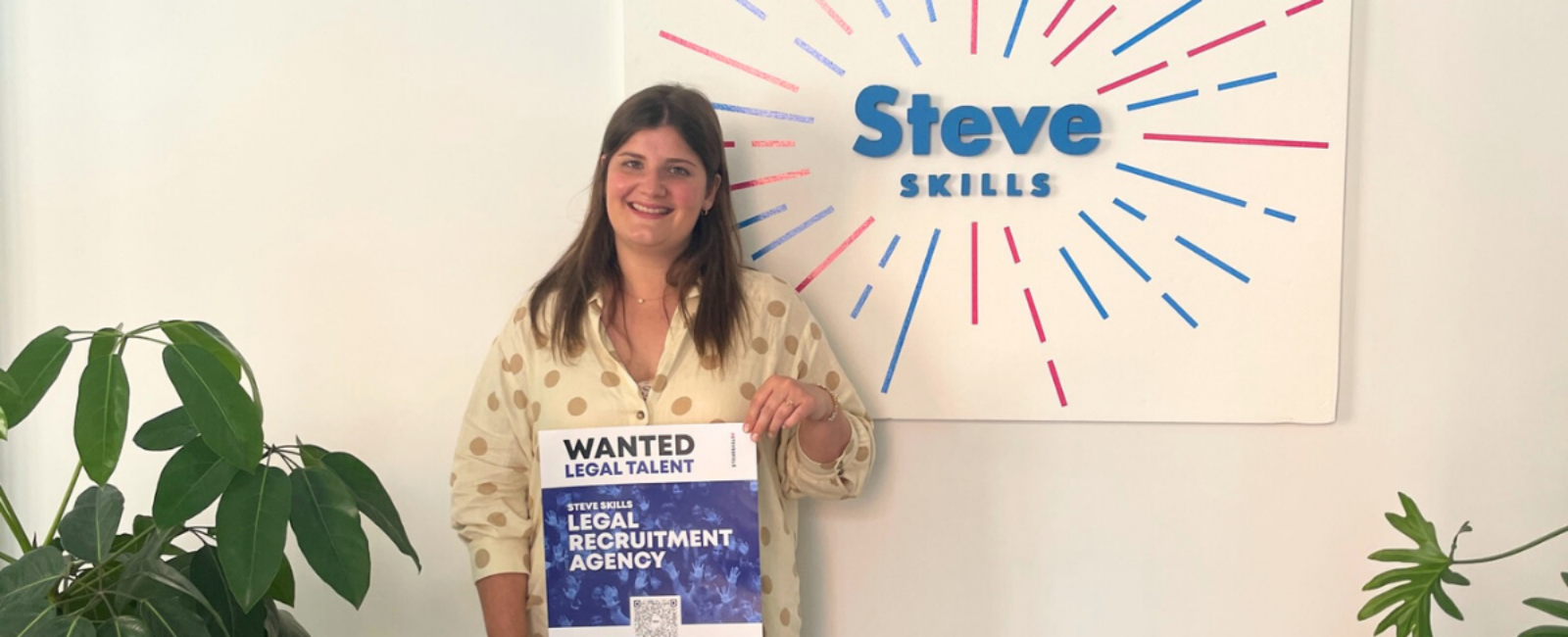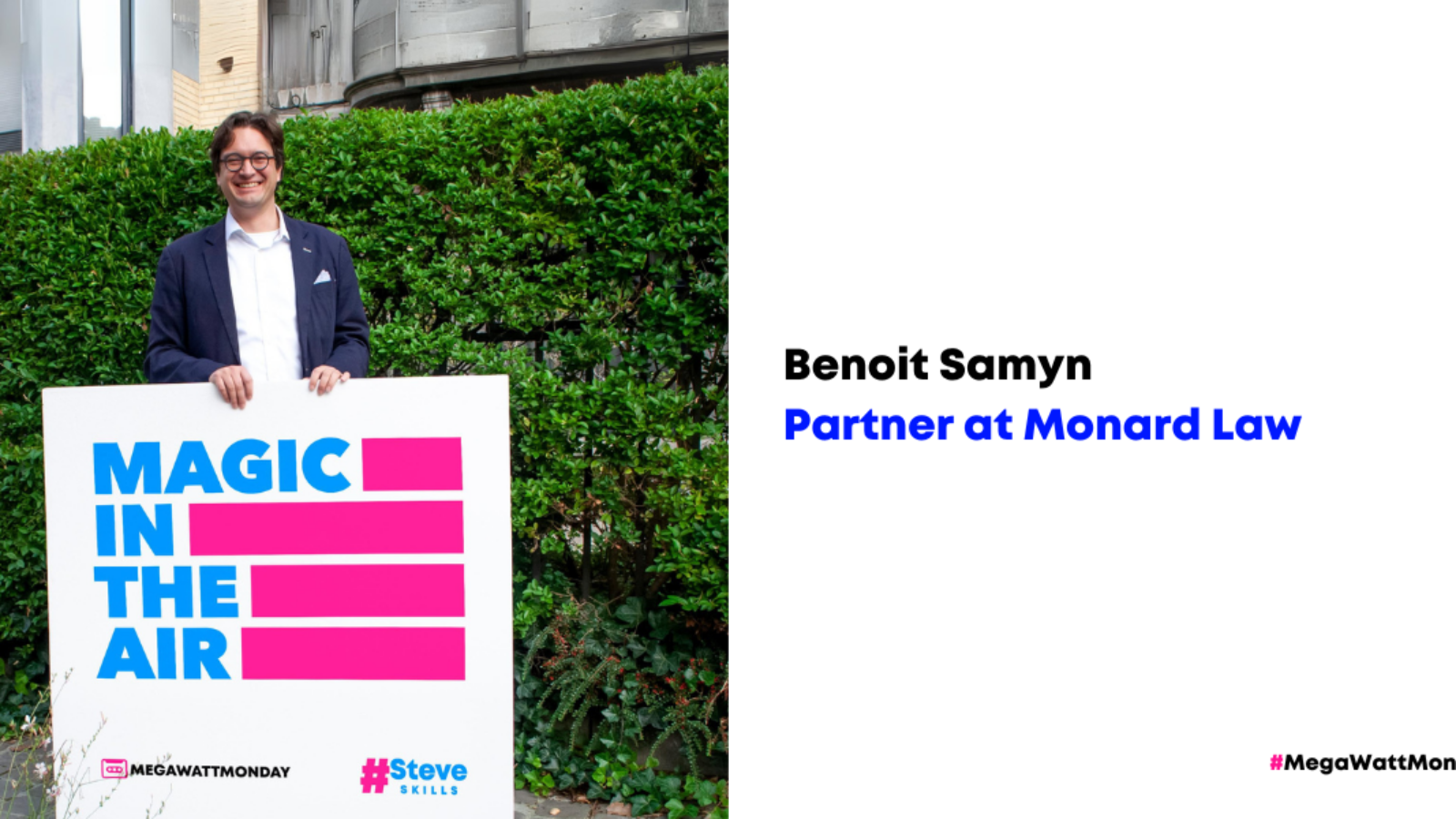Interview with Emilie Essers

Exploring a range of questions, our interview revolved around crucial topics like client-candidate communication, salary expectations, employment status transitions, bar traineeships, and billable hours. Emilie Essers, Legal Recruitment Specialist and former Lawyer, provided her insights on these subjects.
Let’s delve into the topics that are most discussed in the legal market!
Could you explain your role in the situation where the urgency of a client to fill a position did not align with the candidate’s sense of timing?
Emilie: “Certainly. There are instances where a client immediately requires placement for a position, but the candidate, although interested, doesn’t share the same time sensitivity. This could happen for various reasons, such as the candidate having multiple job offers or not being in essential necessity of employment. In such cases, our role as facilitators is crucial. We work to find common ground and facilitate dialogue. In particular, it’s important for a candidate to feel empowered to communicate with a potential employer about sensitive topics. By sensitivity, I mean discussions that need to take place but are perhaps better addressed in a general or broader context.”
You mentioned the importance of communication. Could you elaborate on an experience where a candidate had a great connection with some partners but not with others? How did you navigate this situation?
Emilie: “During an interview with a client, a candidate might connect well with two partners but feel uneasy about one. This can be challenging for the candidate, who may question if they want to work for that specific partner. In such situations, we provide guidance, suggesting additional meetings in a more informal setting, like over coffee. Our role is to facilitate such interactions.”
Interviewer: You explained the importance of finding common ground. Could you share an example of a case where there was a significant discrepancy in salary expectations, and how you facilitated a resolution?
Emilie: “Salary negotiations often present challenges. We aim to provide both clients and candidates with a sense of what is reasonable in the current market. If there is a mismatch in salary expectations between the parties, we act as intermediaries, working to seek agreement. While most cases result in successful negotiations, there are rare instances where both parties cannot reach a consensus.”
Interviewer: Once a head of Human Resources noted that some young professionals seem overly eager to know about becoming a partner. What are your thoughts on this eagerness and the way it’s sometimes expressed, possibly coming off as arrogant?
Emilie: “The way this question is posed can sometimes come across as arrogant. It’s a reflection of a broader trend in society where entitlement is prevalent. Becoming a partner is not just about having a law degree and being multilingual; it’s about working hard, going the extra mile, and proving oneself to be smart, ambitious, and entrepreneurial. Just having certain skills is not enough, as many individuals possess similar qualifications. It’s a matter of discussion when the time is right in one’s career. The first question should revolve around completing the traineeship and determining if and when becoming a partner is feasible.”
Interviewer: What are your thoughts on the concept of billable hours?
Emilie: “Different law firms may adopt various billing structures, such as billing by the 5 minutes or billing by the half-hour. This system means that even if I work on a case for a short duration, the minimum billing increment is typically 30 minutes. It’s a unique aspect of the legal profession where time increments may not align directly with the effort expended.
While a target of 1800 hours may seem demanding, it’s essential to understand that various billing systems have their pros and cons. Some firms have shifted away from billable hours to project prices, providing clients with a fixed fee for specific services. This approach offers transparency for clients, but internally, the billable system sets a standard for associates. The subjective nature of bonus systems in law firms, which often include KPIs, makes the billable target an objectively measurable criterion. It ensures that the quality of work and entrepreneurial skills is considered, offering a certain level of standardization in assessing performance.”
As we wrap up our interview, we thank Emilie for sharing her insights and experiences regarding the legal market and the dynamics of client-candidate relationships.
Curious for more? Reach out to us to learn additional information and deepen your understanding!


